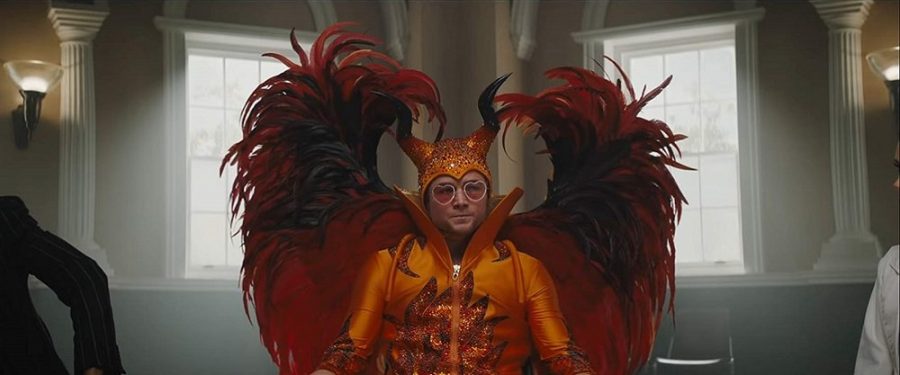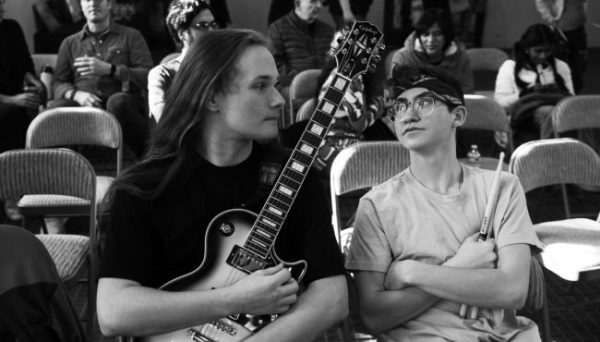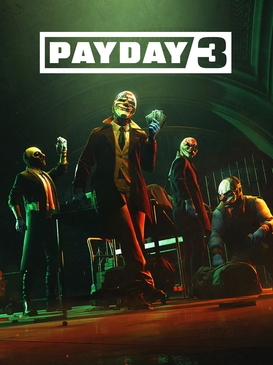‘Rocketman’ is a delightful labor of love
I first noticed “Rocketman’s” lead Taron Egerton on an interminable plane trip looking for a staple action film I could comfortably doze through. I landed on “Kingsman,” a bonkers production where Colin Firth recruits young Egerton of South London into the secret service, only to embark on a mission to stop Samuel L. Jackson from solving climate change via mass murder.
Despite the goofy context, I knew from that film forth that charming, blue-eyed, blonde-haired Taron Egerton was looking to be the next Leonardo DiCaprio. Thus it wasn’t much surprise to see him flip from a low-income upstart converted action hero Eggsy to the bright-eyed and bushy-tailed converted recovering drug addict Elton John. Egerton’s performance ranged well, portraying John’s electrifying energy, intense passion, vulnerability, anger-management issues, and insecurities with such ease that I was completely sold and swept into the story.
Donning a violently orange devil costume with plush wings and bedazzled ram’s horns on top of a satin cap, the film starts as John bursts through wide double doors you expect to lead to a stage and plops down into a group therapy session. In a desperate sort of indignance, John lists his plethora of ails that have come with unparalleled wealth and fame: alcoholism, cocaine addiction, bulimia, sex addiction, anger-management, prescription painkiller addiction, and an extreme shopping addiction.
With prompts from the therapist, John meticulously recounts the transformation from Reginald Dwight, a closeted gay pianist of an abusive household in North London, to Elton Hercules John, world-famous musician of wild night party life. Starting by plunking out tunes on a piano by ear, young John was born with impeccable musicality, and is encouraged to pursue music by his Nan who helps him gain a scholarship to study at the Royal Academy of Music. Once he discovers rock’n’roll and soul there is no going back for John, who gigs around until getting contracted by publisher Dick James (Stephen Graham) and hits big with the 1970 single “Your Song.” After the U.S. tour, the classic trope of the rockstar rise to fame and descent from the drink and drug begins.
However, where “Rocketman” sets itself apart is not the breathtaking costume design or musical numbers bursting with color and artful cinematography. The film makes an effort to focus on the smaller pieces of John’s puzzle that audience members may not have known about to avoid the cinematic Wikipedia page that, in many ways, Fletcher’s previous biopic succeeded in. Where “Bohemian Rhapsody” went awry, “Rocketman” shines. The film seems to really care about John and about portraying his story accurately and honestly. It doesn’t hurt that Elton John was the film’s executive producer, but the production really does do an excellent job of openly following the highs and lows as inflicted upon him and by him.
In this vein, I was struck by the remarkable depiction of the beautiful friendship between Elton and lyricist Bernie Taupin, portrayed by the illustrious Jamie Bell. As Elton John is led astray by his lover turned manager and rejected by his parents, Taupin remains steadfast by his side. One of the greatest artistic relationships of all time is approached with great care, executing an excellent depiction of the curious boundary between great friends and lovers: John’s jealousy as Taupin enjoys his share of women and wine, Taupin’s candor in criticizing John’s issues with addiction to fame.
Perhaps “Rocketman’s” greatest fault is the reconciliation of John at the end of his time at rehab. Fantastical, imagined scenes are littered throughout the film, with imaginary dance breaks and visions of floating audiences revealing the unprecedented energy that coursed through John’s music and person much like in the 2015 documentary “Miss Sharon Jones.” The namesake song itself follows the miserable John swallowing a fistful of prescription pills and attempting suicide at a party by jumping into a pool, where his young self awaits at the bottom with a space helmet and a mini piano serenading “Rocketman.” But where the film takes a stab at closure, it falls short. After the group therapy flashbacks have caught up to the present, John reaches the end of his story in the circle only to begin back and forths with his parents, Nan, lover turned manager, and Taupin. After forgiving them, John looks to his former self, young Reginald Dwight, and embraces him, fully accepting the person he is and forgiving himself. While the rest of the film pulls off corny cliches with genuine, thoughtful, and earnest filmmaking, the falling action falls too far, haphazardly throwing together an easy explanation for John’s sobriety because the film was getting too long.
In the spirit of pride month, “Rocketman” is a leap for the LGBTQ+ community in a way few films have dared to achieve. Fletcher doesn’t shy away from R-rated scenes of gay sex and the film never once argues that John’s acceptance and practice of his sexuality is something to be overcome. But perhaps the greatest success for the LGBTQ+ community with “Rocketman” is the fact that the story is ultimately not about John’s sexuality. Although much of the wildly eccentric persona and relationships iconic to John were related to his homosexuality, the film was about a rockstar. An exceptionally talented young artist, his naive exposure to a life of fame, the inevitable corruption, and rising from the ashes of burnout.
The past five years have been a very singular moment for films covering musicians. With biopics like “Straight Outta Compton” and “Bohemian Rhapsody” and documentaries such as “Amy” and “Eight Days a Week,” artfully depicted artists are a hot ticket these days. Perhaps the best part about “Rocketman” is you go through the emotional and artistic journey and the performer doesn’t end up dead.
With a bleak and barren summer of Disney remakes stretching ahead, “Rocketman” is a shock to the system which will leave you beaming and boogieing your way out of the theater.
Violet Massie-Vereker is a senior at Pelham Memorial High School. Her experience in journalism includes writing for the News of Pelham for the past two...

















